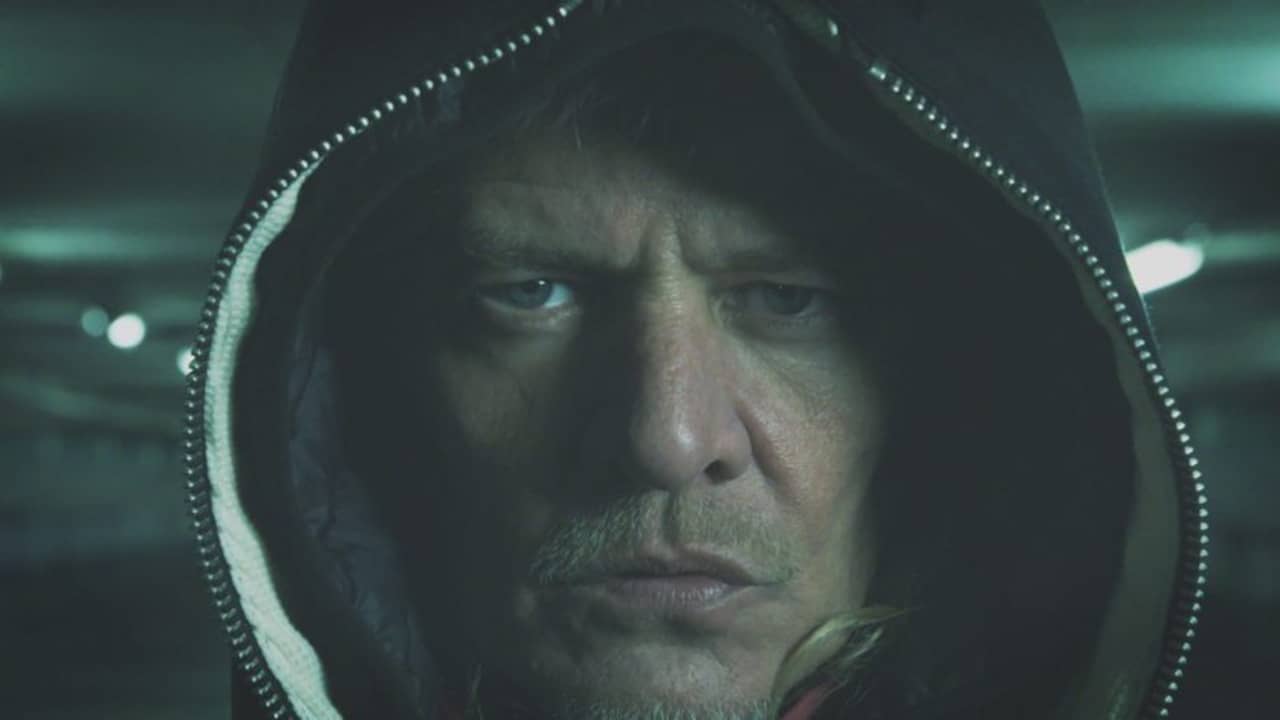Tygo Gernandt dives in Tygo in juvenile delinquency in the world of criminal youth. The actor and presenter discovered during the making of the four-part series that the perpetrators are in a sense also victims and hopes that his program may also open the eyes of others.
Gernandt, who for the EO earlier Tygo in the GHB in Tygo in psychiatry made, decided together with his editor-in-chief to investigate juvenile delinquency this time. “The figures show an increase and that is why I think we should tell something about this”, says the actor and presenter. In 2020, a lot more minors were suspected of a serious violent crime than in the year before.
“Juvenile crime is not new, four hundred years ago young robbers robbed carriages from the bushes. Now we live in a society in which we can do more about it, but do we do that? I am curious about that and that is why this documentary was made.”
For his program, Gernandt talked to some of the ‘protagonists’ of juvenile crime. “Their stories make you sad. They are not only perpetrators, but also victims of their environment, of the government, of their upbringing,” he explains. “If something happens to them, how do we deal with them? And how can we help them? Can we deal with criminals in a different way?”
‘Not always a choice of the younger self’
As with his previous series, the television maker once again tried to step “as blank as possible” into the world he is researching. “Then you discover that it is made easier for some young people to end up in juvenile delinquency. It sounds stupid, but your environment does a lot to you.”
The biggest prejudice people have about juvenile criminals? “That it is always a conscious choice of the young person himself. And that they should therefore be punished harshly.” A youngster of sixteen who ends up in juvenile detention for several years is not the best solution, according to Gernandt.
“A young person should be guided to participate in society again. In the series the question is asked: should we not do something about it? I don’t know if this opens eyes, I can only hope that will happen. “
In his series, Gernandt manages to have candid conversations with people who normally don’t speak often. “When I open the door, I look into your eyes and come to you,” he says. “That way I can get close to those guys. It is the other way around. How I can do that, I don’t know.”
“It matters a lot how you enter someone,” adds Sarah Meradji, the editor-in-chief with whom Gernandt makes the program. “Tygo is open and genuinely interested. When people feel that, they will open up automatically. People want to be understood and that is what Tygo naturally accepts. He has no prejudices, which makes him so special in these types of projects.”
Tygo in juvenile delinquency can be seen from Thursday 18 March at 9 p.m. at the EO on NPO3.
– .


